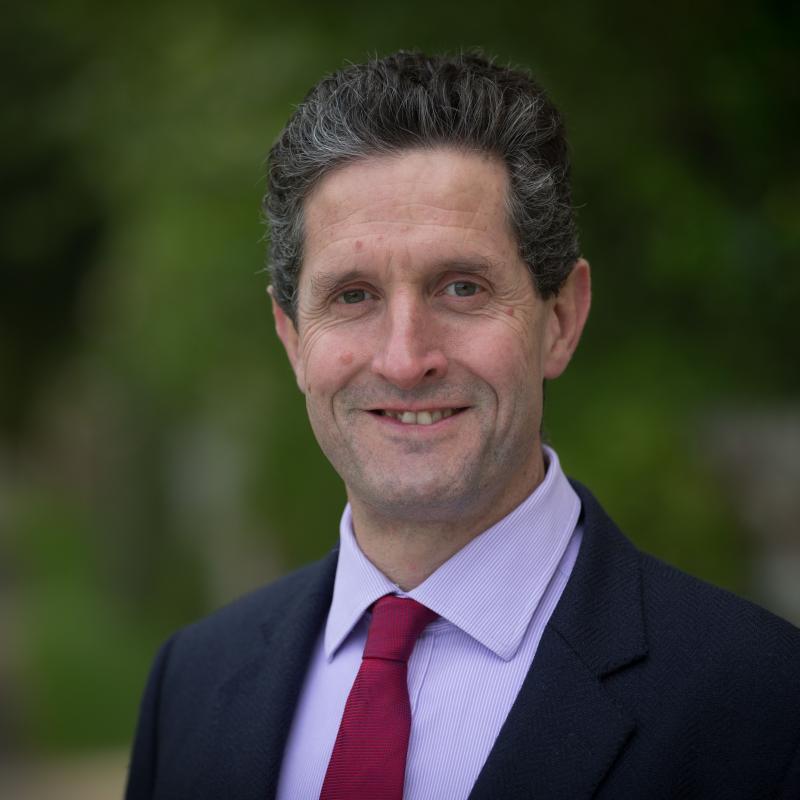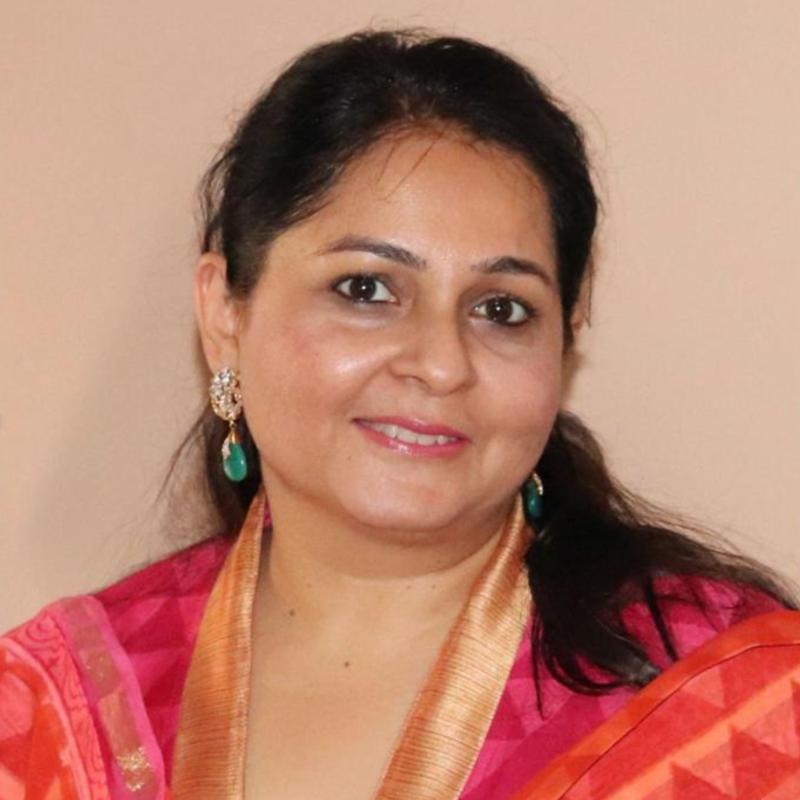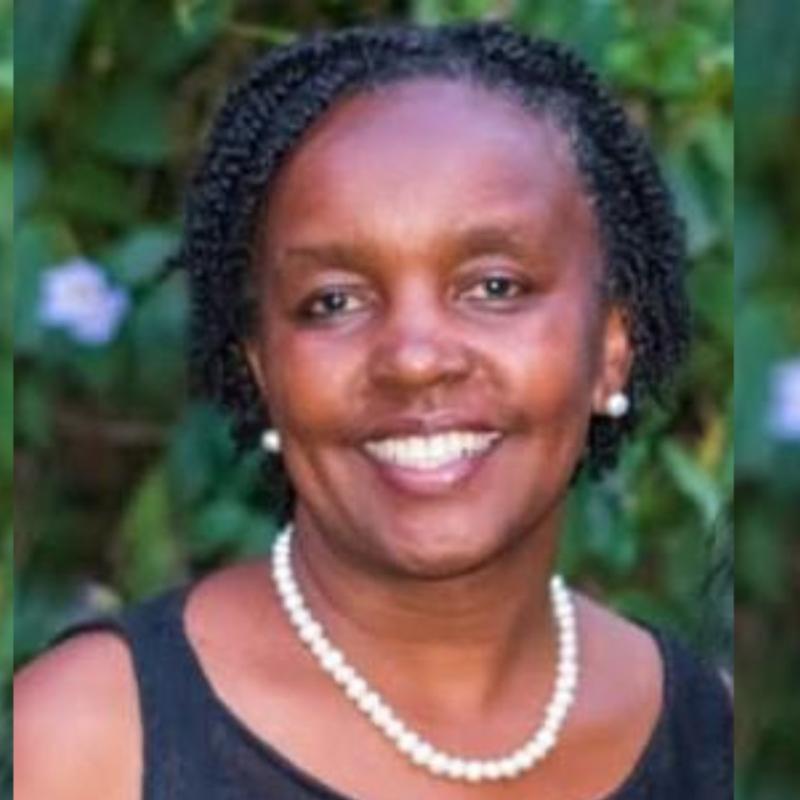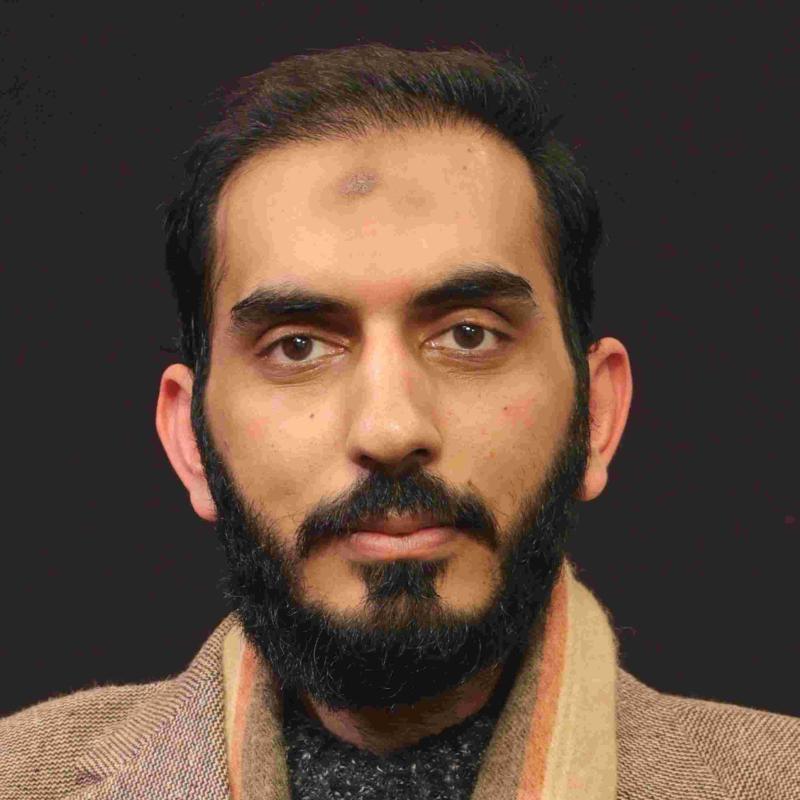Breadcrumb
There is overwhelming evidence that climate change is increasing the frequency and severity of extreme weather events. There is also incontrovertible evidence that the early years of childhood development have lifelong consequences. The Children and Climate Initiative will show the relationship between climate change and adverse health outcomes in children, predict where these impacts will be most acutely felt, and support policymakers to mitigate them.
Nearly one billion children live in countries grappling with the consequences of a warming planet, and many have already seen their development disrupted by extreme weather events. The climate crisis is a present-day emergency resulting in impairments that last a lifetime, negatively impacting an individual’s health, productivity, and overall wellbeing, and in turn the prosperity of entire communities and nations.
Despite the growing evidence of these harms, policymakers currently lack the tools to predict which children are most at risk, where the impacts will be most severe, and how best to support communities in preventing and adapting to these threats. The Children and Climate Initiative will fill that gap by showing the relationship between climate change and adverse health outcomes in children, and predicting where these impacts will be most acutely felt.
The initiative will offer critical insights to help protect future generations and to safeguard human capital. Over the next three years the Initiative will raise the profile of this issue and deepen established partnerships for research and policy impact.
The evidence for the impact of climate change on early childhood development to date is powerful but fragmented, and based on small-scale studies. The Children and Climate Initiative will change that. For the first time ever, we’ll take over 600 nationally representative datasets that track development from early childhood to adolescence, and merge them with cutting-edge climate data. This groundbreaking process will create the most comprehensive evidence to date of how climate change is affecting the health of children and young people in low- and middle-income countries.
The research process for the Children and Climate Initiative will involve:
1) Event attribution: applying cutting-edge climate science to causally link specific weather events to anthropogenic climate change.
2) Data integration: embracing multidisciplinary research combining data sets from different disciplines and direct community engagement to understand the how frontline communities experience the relationship between climate and early childhood development.
3) Predictive modelling: using AI tools to model the future impacts of climate events and how these will affect health and development outcomes.
4) Research dissemination: publishing research methodologies and outcomes in peer-reviewed journals, as well as other relevant written pieces.
Using the policy expertise held at the Blavatnik School of Government, child development networks across Africa and Asia-Pacific, the Centre for Equity in Health in Brazil, UNICEF, and the lived experience of affected communities we will transform our findings into actionable policy guidance for governments and create practical toolkits to empower children and families on the frontlines of climate change.
Fundamentally, this research will aim to answer the following questions:
- What impact is climate change having on early childhood health and development in low- and middle-income countries?
- Where will these impacts be most acutely felt?
- How can select countries best adapt their health [and development] policies to address this?
The Children and Climate Initiative is a global collaboration of leading experts in climate, global health, data science, and human rights law, and community engagement, with access to data on the lived experiences of over 8.8 million children in Africa and the Asia-Pacific. The partners for the project include:
- The University of Oxford
- The International Centre for Equity in Health, Pelotas
- The Asia Pacific Regional Network for Early Childhood (ARNEC)
- The African Early Childhood Network (AfECN)
- The Arab Network for Early Childhood (ANECD)
- The International Step by Step Association
- UNICEF
- Saturday Art Class
Within Oxford University our project partners come from the Blavatnik School of Government, the Department of Physics, the School of Geography and the Environment, the Planetary Health Informatics Lab, the Department of Psychiatry, the Environmental Change Institute, and the Oxford Human Rights Hub.
The project is funded by Wellcome.
The team of researchers collaborating on the Children and Climate Initiative are world-leading experts in a variety of disciplines. Below is a selection of previous research our consortium has published that is relevant to our current project:
- UNICEF, The world’s children need urgent action on climate change
- Victora, C, Hartwig, F P, Vidaletti, LP, Martorell, R, Osmond, C, Richter, L, Stein, A D, Barros, AJD, Adair, L, Barros, FC, Bhargava, SK, Horta, BL, Kroker-Lobos, MF, Lee, NR, Menezes, AMB, Murray, J, Norris, S, Sachdev, HS, Stein, A, Black, RE (2022), Effects of early-life poverty on health and human capital in children and adolescents: analyses of national surveys and birth cohort studies in LMICs (The Lancet)
- Nicholas J Leach, Christopher D Roberts, Matthias Aengenheyster, Daniel Heathcote, Dann M Mitchell, Vikki Thompson, Tim Palmer, Antje Weisheimer, Myles R Allen, Heatwave attribution based on reliable operational weather forecasts (Nature Communications)
- Myles R Allen, David J Frame, Chris Huntingford, Chris D Jones, Jason A Lowe, Malte Meinshausen, Nicolai Meinshausen, Warming caused by cumulative carbon emissions towards the trillionth tonne (Nature letter)
- Nazir U, Quddoos MT, Uppal M, Khalid S. Humanitarian costs of climate change: mapping the impact of 2022 Pakistan floods on disruption to education and health using earth observation and data fusion
- ARNEC, 2022, Most vulnerable to most valuable: A scoping study to put young children at the heart of climate actions and environmental protection
Our team





























